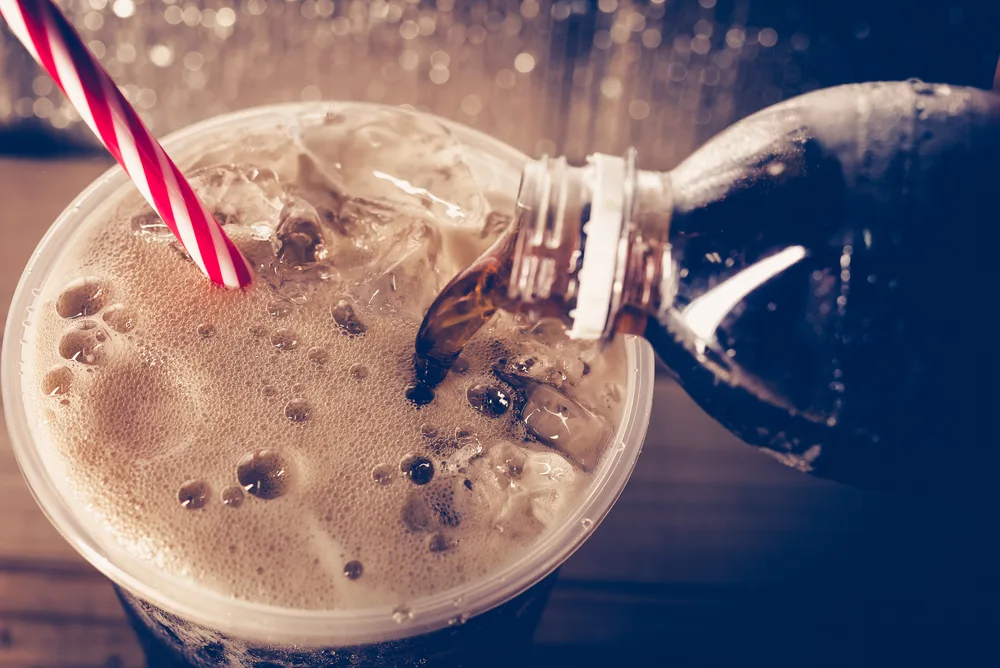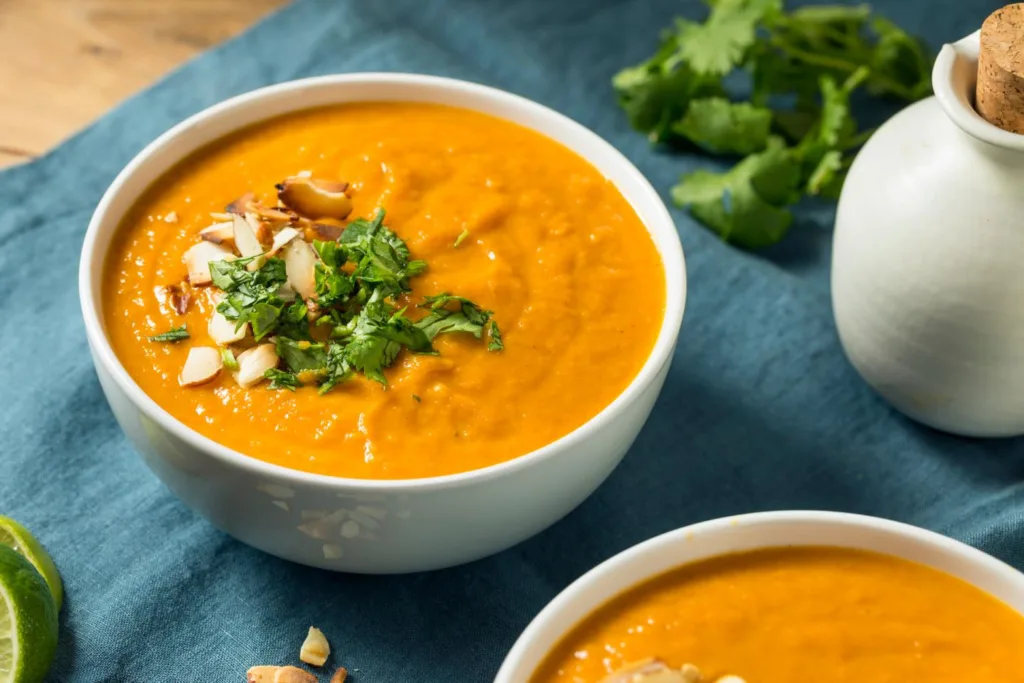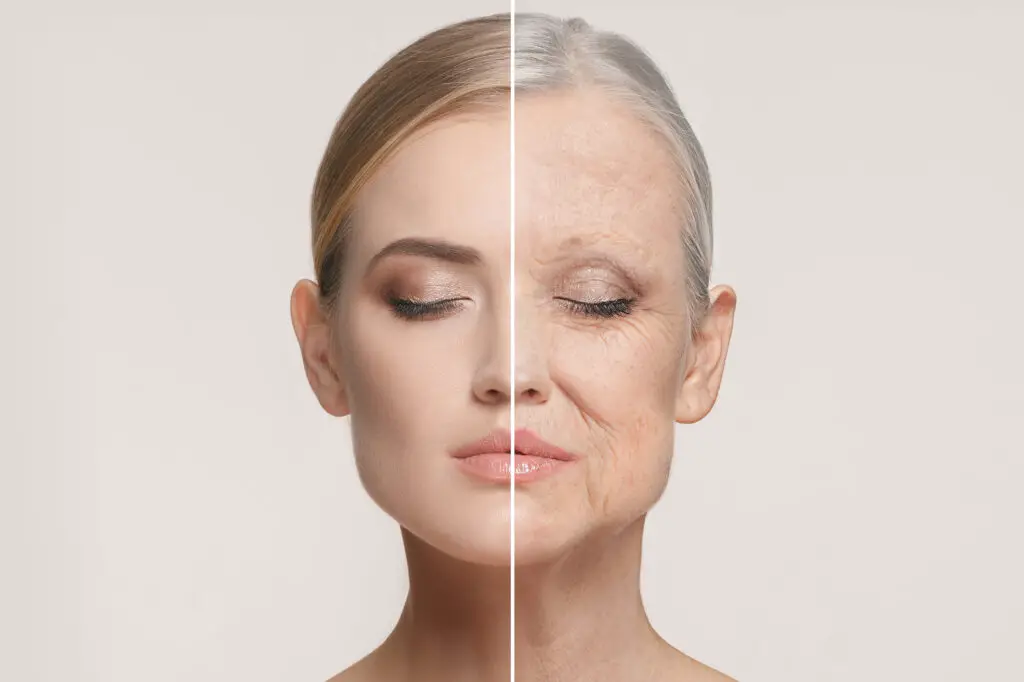Table of Contents
If you want to shed pounds, you may be curious if drinking water can help you reach your goal. The answer is yes!
Drinking water can be a powerful tool in your weight-dropping journey. In this article, we’ll explore 6 ways that sipping on water can help with weight loss, as well as how much water you should be drinking each day. We’ll also answer some common questions about drinking water and weight loss.
How does drinking water help you lose weight?

Water is essential for our body since it helps the body remove waste. It can aid in regulating body temperature and moving nutrients and oxygen to our cells. Drinking enough water can also help with weight loss, which is often overlooked:
- Burn more calories
- Boost metabolism
- Reduce appetite
- Cut down on sugary drinks
- Control temperature during workout
- Reduce the risk of kidney stones
Let’s dive into each of these benefits in more detail.
Can help burn more calories
Water consumption can increase your resting energy expenditure (REE), which is the number of calories your body burns at rest.
A small trial study showed that drinking just 500 ml of water can increase your calorie burning by 24% for up to an hour, even if you’re not exercising (1).
If you’re looking to boost your calorie expenditure even more, try drinking cold water (around 22°C / 32.7°F). It can increase your calorie expenditure by up to 30% because your body has to work harder to warm up the water (2).
A bonus tip is replacing high-calorie beverages with water. For example, if you replace a 12-ounce soda (140 calories) with the same amount of water, you can save 140 calories per day. That can lead to significant weight loss over time.
Boost metabolism
Consuming cold water can boost your metabolism, the process that converts nutrients into energy to keep your bodily functions at peak efficiency. It is important, as slow metabolism may be linked with obesity (2, 3, 4).
A study showed that consuming water boosted metabolic rate by 30% in healthy people (2). The increase in metabolic rate can last for 30-40 minutes.
In overweight and obese participants, the increase in metabolic rate is highest. This means that hydrating with water may be particularly beneficial for those who are looking to slim down (5).
Another review claims that drinking water may increase your fat metabolism. This increase could help you burn extra calories (6).
Reduce appetite
Drinking water before a meal can make you feel fuller. This can reduce your appetite and help you consume fewer calories.
However, this effect is mostly seen in middle-aged and older adults (7). In a study, overweight elderly people who drank 500 ml of water before breakfast ate 13% less food than those who didn’t (8).
Another study suggests obese adults who drank the same amount of water 30 minutes before their main meals. It helps participants lose an average of 2 kg in twelve weeks (9).
Moreover, middle-aged overweight and obese participants who drank water before each meal could lose up to 44% more weight compared to a group that did not (10).
However, more research is needed on healthy people.
Can help cut down on sugary drinks
Drinks that contain high sugar content, like sports drinks, energy drinks, over-sweet tea, and soda, have a lot of calories and sugar but not many nutrients. Even being sugary warning drinks, they make up about 10% of the energy that US adults consume (11, 12, 13).
Note that half of the US chugs down sugary drinks every day. 25% of them consume at least 200 kcal, which is more than a 12-oz can of cola (14)!
When you swap just 1% of your sugary drinks for water, you can actually lose weight, shrink your waistline, and lower your body fat (6).
Drinks with lots of sugar can also cause weight gain and diabetes because of a sugar called fructose. Additionally, the sugar type in natural juice is mostly fructose (15).
So, if you replace juice with water, it is probably a smart strategy for losing body fat and staying healthy.
Can get your performance up
Staying hydrated is key to performing your best during physical activity. When you’re dehydrated, your body has to work harder to do basic functions and regulate body temperature. This can make you feel tired and perform poorly.
On the other hand, being adequately hydrated can help boost energy levels, improve endurance, and reduce fatigue. This allows you to perform at your best during exercise. So, staying hydrated can help you perform better and aid in weight loss (16, 17).
To stay hydrated during exercise, it’s recommended to drink water before, during, and after physical activity. According to the American Council on Exercise, you should (18):
- Drink 17-20 ounces of water 2 hours before exercising.
- Drink 7-10 ounces of fluid every 10-20 minutes during exercise.
- Drink 16-24 ounces of fluid for every pound lost after exercise.
Can flush out waste
Drinking enough water may support your kidneys and other organs and remove waste products and toxins from your body, which can aid in weight loss in a healthy way (17, 19).
If you are dehydrated, your urine becomes more concentrated, which can lead to the formation of kidney stones. Yet drinking plenty of water can help dilute your urine and prevent stone formation (20, 21).
To stay hydrated and keep your kidneys working well, try to drink plenty of water each day, and more if you’re physically active or live in a hot place (20).
How much water should you drink to lose weight?
The National Academies of Sciences, Engineering, and Medicine suggest that men should drink about 3.7 liters (125 ounces) of water per day, and women should drink about 2.7 liters (91 ounces) of water per day (22).
However, these are just general guidelines, and everyone’s water needs may be different. Factors like weight, activity level, and climate can affect how much water you should drink (20, 22).
If you’re physically active or live in a hot climate, you may need to drink more water than the general guidelines suggest.
To make sure you’re hydrated, drink water regularly and listen to your body when it tells you that you’re thirsty. It’s also important to pay attention to the color of your urine; it should be light yellow or clear. If it’s dark yellow or amber, you might need to drink more water (23, 24).
Finally, it’s better to drink water throughout the day instead of trying to drink a large amount all at once. This can help you stay hydrated and avoid feeling hungry.
But remember that drinking plenty of water alone won’t guarantee weight loss. You also need to eat a healthy diet and exercise regularly to lose weight successfully. Take steps to intake more water from foods (fruits, vegetables…), which can also help sculpt your body (12, 25)
How much weight can you lose from drinking water?
Drinking water before meals can lead to weight loss over time by reducing appetite and calorie intake. However, the amount of weight loss varies based on your diet, activity level, and baseline water intake.
Can you lose weight by just drinking water?
Drinking more water can help with weight management, but it’s not a cure-all. To lose body weight, it’s important to consider your food intake and exercise regularly.
Does drinking warm water help you lose weight?
There is limited evidence to support the claim that drinking warm water can aid in weight loss. However, drinking water at any temperature can help reduce appetite and calorie intake.
Does cold water make you lose weight?
Cold water raises resting energy expenditure slightly, leading to a small increase in calories burned. However, this effect is temporary and does not result in significant weight loss alone.
Does drinking water before bed help you lose weight?
Drinking water before bed can aid in weight loss by reducing nighttime snacking and calorie intake. Yet, it is crucial to balance water intake to avoid waking up during the night to use the bathroom.
What is the ideal time to drink water for weight loss?
Ingesting water before meals can help reduce appetite and calorie intake, leading to weight loss over time. Additionally, adequate hydration throughout the day can help maintain a healthy metabolism.
How to drink more water?
There are several ways to increase water intake, such as carrying a water bottle, setting reminders, flavoring water, and eating water-rich foods like fruits and vegetables.
Summary
Drinking water isn’t just essential for staying hydrated; it can also help you shed those extra pounds. By increasing your calorie burning, boosting your metabolism and performance, and reducing your waste, appetite, and calorie intake, water can be a powerful tool in your weight loss journey.
So, why not incorporate this simple yet effective tactic into your weight loss plan? Just remember to stay properly hydrated.

















Comments
0